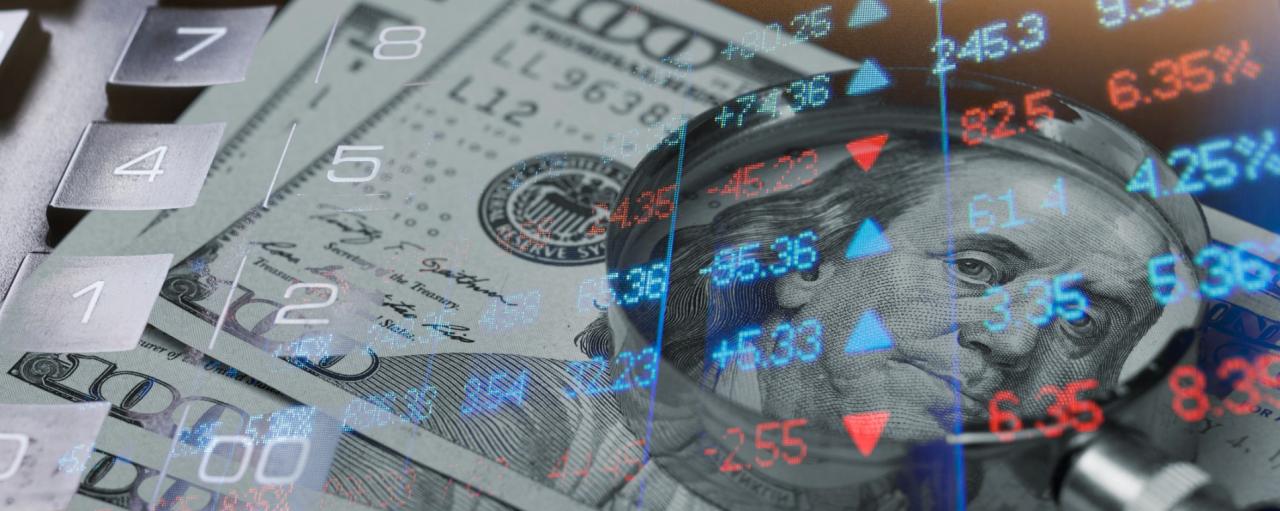
A 1 percent tax on companies purchasing their own shares from the market was signed into law by US President Joe Biden last month, as part of a bill addressing climate change and healthcare. Initial market reaction to the tax, expected to raise US$74 billion over nine years, was muted, as was analysts’ predictions on the impact on corporate behaviour.
Indeed, a 1 percent tax is too trivial to make firms change their payout policy. The new tax will not change corporate behaviour and will ultimately make matters worse. The levy on share buybacks was apparently introduced to secure Arizona Senator Kyrsten Sinema’s support. Sinema had insisted on dropping planned tax increases on manufacturers and the private equity industry -- the buyback tax is supposed to make up for the lost tax revenue. It may, however, just be the start of more to come, leading Democratic lawmaker Chuck Schumer indicated earlier this month.
“I hate stock buybacks,” Schumer reportedly said. “Instead of investing in workers and in training and research and in equipment they don’t do a thing to make the company better and they artificially raise the stock price by just reducing the number of shares. They are despicable. I’d like to abolish them”.
Schumer’s accusation that buybacks come at the expense of capital investment assumes that firms have no excess cash or debt capacity, or that they cannot issue equity later. Firms have excess cash when they have more money than they need to invest in good projects, namely projects with a positive net present value (NPV). What Schumer advocates is tantamount to making firms invest in bad projects that benefit other stakeholders at the expense of shareholders.
Optimal capital allocation should mean that firms with excess cash pay it out to shareholders. These shareholders can then give the money to firms that need capital for positive NPV projects. Discouraging firms from paying out excess cash may therefore lead to overall lower investment, the opposite of the intention of the tax.
Buybacks are not a manipulation scheme
Moreover, why pick on buybacks and not criticise dividends? Companies are reluctant to cut dividends, so a dividend increase is a much longer and stronger commitment to pay out cash than a buyback. Repurchase authorisations are options to repurchase stock, not a firm commitment. If a company runs into a great project, it will simply not complete the buyback.
Schumer’s argument that buybacks artificially increase stock prices because they reduce the number of shares ignores the fact that companies have to spend cash to buy back the shares. As long as the company buys the stock at fair value, nothing should happen to the stock price.
Although earnings per share may increase if the return on assets is higher than the return on cash used to buy back stock, the earnings are now riskier and should therefore be discounted at a higher rate. The present value of earnings per share does not increase. Again, there is no reason why a buyback should automatically increase stock prices.
Nevertheless, there is a lot of empirical evidence that buyback authorisation announcements indeed increase stock prices. The most obvious explanation is that investors see the buyback as a signal that the stock is undervalued and that the management is confident about the future. They may also see the fact that excess cash is paid out rather than wasted in negative NPV projects as an indication of commitment to shareholder value and hence, good corporate governance.
But if buybacks were a manipulation scheme, stock prices should rise at the time of the announcement and fall back to the pre-announcement level, as the actual repurchase takes place at a higher price after the announcement. The empirical evidence shows just the opposite: Stock prices actually increase abnormally afterwards, to the extent that executives who sell stock after a buyback announcement are actually worse off than long-term investors.
In short, the hatred of buybacks expressed by the leader of the Democratic Party can only be explained by unfamiliarity with finance theory and evidence, and/or by ideological aversion to maximising shareholder value.
An earlier version of this article was published on 9 May 2022.
Edited by:
Seok Hwai Lee-
View Comments
(2) -
David ABASHIDZE
All the anti-buyback politicians claim that buyback is a price manipulation tool for companies. There is no research or evidence for this, it is just some media wisdom. Buyback is a flexible way to return money to shareholders. Shareholders can choose whether to receive cash or have proportionally higher ownership, while with special dividends they have less flexibility, they have to accept cash. I am very curious to see what will be the impact as 1% is not high.
However, I don't like this precedent because I agree with this statement:
"The hatred of buybacks expressed by the leader of the Democratic Party can only be explained by unfamiliarity with finance theory and evidence, and/or by ideological aversion to maximising shareholder value".
To me, it looks like another misinformed left-wing movement the types of which became very popular in recent years. As a person born in the Soviet Union, I remember what socialism is like and I can guarantee that if Western countries follow this path, it will lead to very dire consequences.
-
Leave a Comment





Anonymous
01/09/2022, 02.53 pm
One of the arguments this piece depends on is that shareholders who receive cash from buyback will then invest in firms that need capital for positive NPV projects, this seems like a strong assumption. It seems unlikely that investors which change investment vehicles to look to give firms capital for positive NPV projects. Is there any data or research to support this? It sounds like 'trickle-down' rationalization to me at the level explained here.